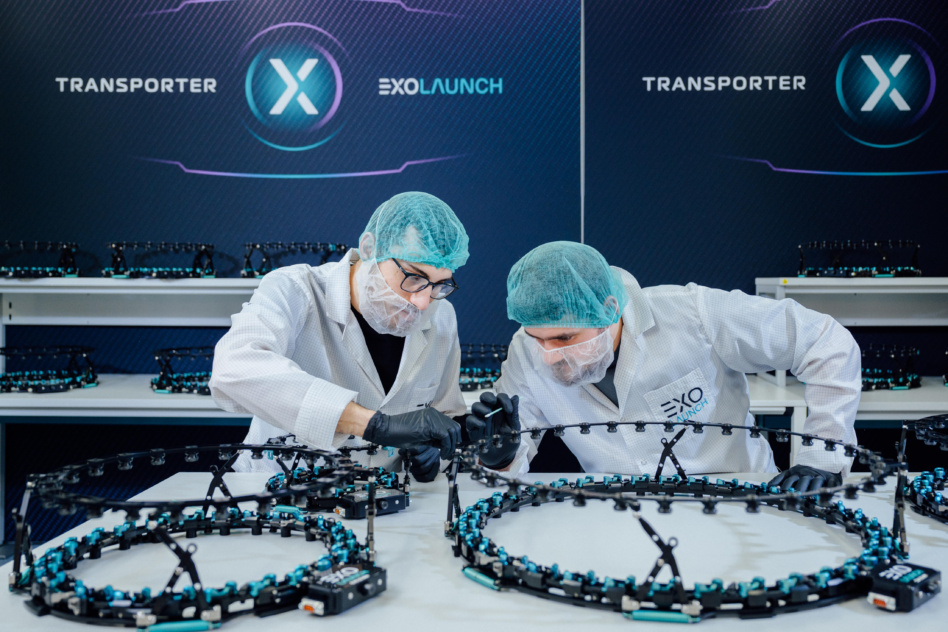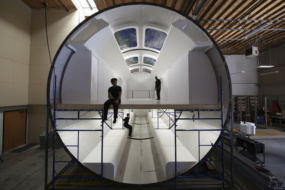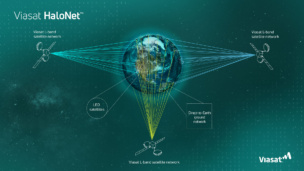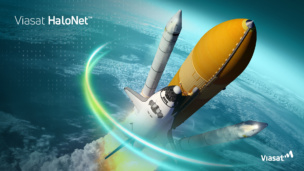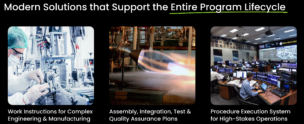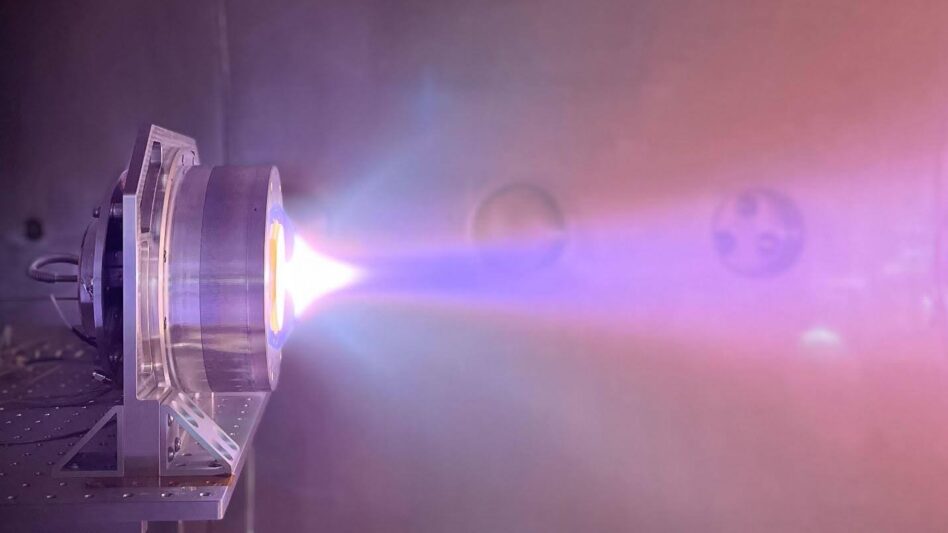Exolaunch is a German satellite launch integrator and provider of launch services and deployment solutions. They have collaborations with most of the major launchers, including SpaceX, Rocket Lab, ESA, and ISRO.
Founded in 2011 and headquartered in Berlin with an expanding office in Denver, CO, the company’s core product suite enables deployment of satellites on major global rideshare and dedicated missions.
To date, Exolaunch has executed 438 satellite deployments across 30 missions with 100+ customers from over 40 countries. Of note, the company has flown its customers’ satellites on each SpaceX Transporter mission since the Rideshare program’s inception, deploying over 310 satellites with Falcon 9.
Exolaunch is on track to deploy hundreds of customer satellites on upcoming missions over the next few years. Exolaunch projects it will generate $100M in revenue this year, a milestone fueled by steady year-on-year growth.
Company Overview
Exolaunch offers services related to launch, integration, and mission management, along with multiple deployment products to support the launch ecosystem. These include separation systems, such as CarboNIX and CarboNIX NEO for microsatellites, EXOpod Nova cubesat deployers, and four-point Quadro; dispenser structures and rideshare payload stacks such as EXOport and EXOtube; and EXObox, a deployment sequencer avionics unit. The separation systems are detailed below.
- CarboNIX shock-free microsatellite separation system: First deployed in 2019, CarboNIX has flown more than 100 microsats across 18 missions. The pyro-free release mechanism coupled with a synchronous spring pusher system deploys satellites safely and reliably, with low rotation rates to reduce insertion risk.
- The system is suitable for small sats weighing between 10 and 500 kg and is available in diameters of 8, 15, 18.25, and 24 inches.
- Exolaunch is introducing its new, stiffer CarboNIX NEO variant to meet refined SpaceX launch criteria.
- EXOpod Nova cubesat deployer: First used in 2017, the EXOpod Nova has flown on 24 missions involving 280+ cubesats.
- The deployer offers 6U/8U, 12U, and 16U sizes with the ability to be broken into smaller slots to accommodate lower form-factor cubesats.
- The lateral protrusion volume can be increased on demand by 400% and mass by 30%, accommodating an array of satellite designs.
- Quadro four-point separation system: The system for satellites weighing up to 300 kg is on track for its first flight in early 2025 on a SpaceX rideshare mission. Its four-point, shock-free mechanical separation provides a safer deployment procedure than alternative designs.
- The tech won the Innovation in Space Award 2023 at the European Space Summit for its integration of flight-proven technology (like its CarboNIX mechanically synchronized release and pusher arm) into a novel four-point design.
- The system has already locked in anchor customers and is slated to be used across 30+ satellites for constellation operators.
- Quadro sits on the shoulders of years of research and flight heritage from Exolaunch, though it’s an entirely new four-point form factor. Initially designed for the OneWeb constellation and the Airbus Arrow 150 satellites, it’s been adapted to meet customer-requested form-factors.
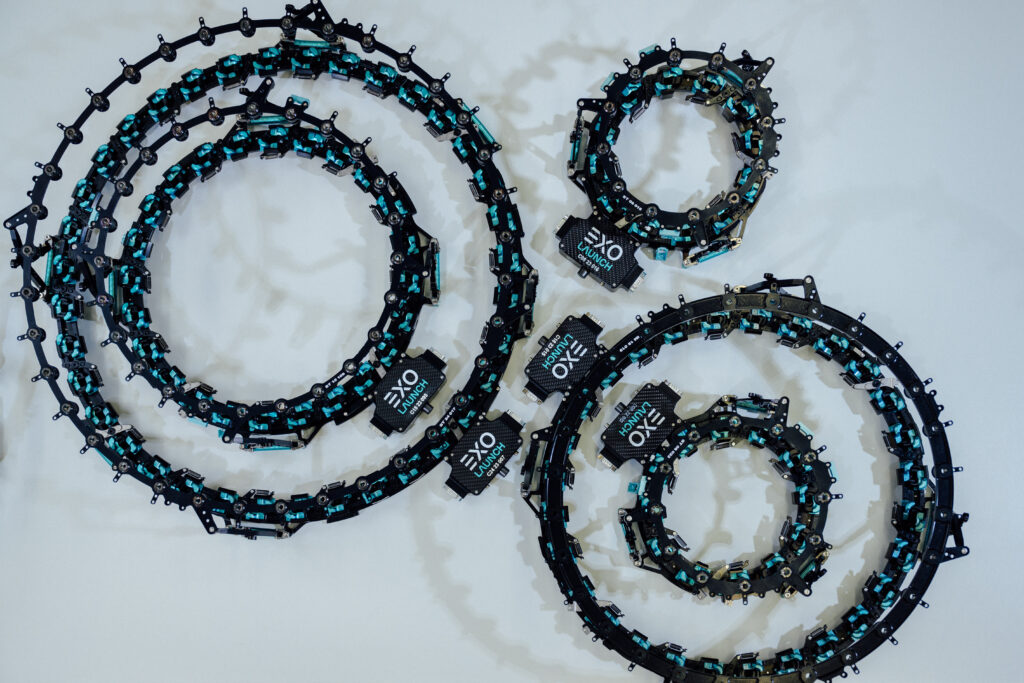
Safety and efficiency: Exolaunch claims a 100% reliability rate. The mechanically synchronized satellite deployment systems sidestep failure points at the late stages of launch. Without a need to manually coordinate synchronized multi-separations by radio signal, mission operators run a less complex orbital insertion.
Additionally, the near-field and far-field collision risks of imprecise satellite separation timing are myriad and can create a new minefield of space launch risk beyond the launch itself. As a leading provider in the sector, the company offers customers reliable deployment services to mitigate the risk.
All Exolaunch products are described as field-resettable, meaning the hardware can be configured to re-deploy a new payload outside of a factory setting.
Meet the Team: Exolaunch tapped Robert W. Sproles as CEO in August. Sproles previously served as the company’s CTO. He replaced Dmitriy Sternharz, the company’s founder, who will now serve as its president.
- Sproles spent nearly a decade at Spire Global, installing a global ground station network, managing early satellite designs, and leading their satellite operations team. He was VP of constellation planning and operations at the time of his departure and had been involved in the launch of over 150 satellites across 32 launch campaigns on 9 different launch vehicles during his tenure.
- Sproles reinforces Exolaunch’s U.S. footprint with the company focused on expanding internationally.
The executive team also includes Jeanne Allarie as chief commercial officer and Kier Fortier, VP of Global Business Development. With a background in finance and space, Allarie has launched hundreds of customer satellites to orbit and has been responsible for growing the company’s loyal, global customer base. Fortier leads the U.S. office located in Denver and has worked on Mars missions, cubesats for LEO, and everything in between.
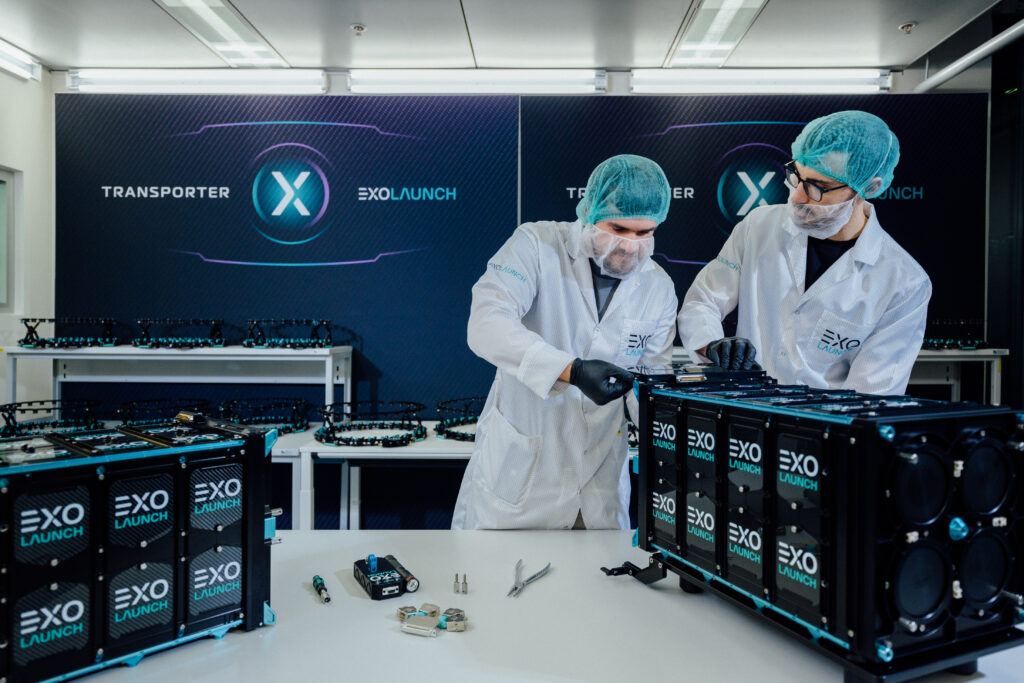
Differentiators
Exolaunch is the leader in launch and deployment services and has a strong technological presence in the niche field. Its differentiation stems from its essential role, serving not only satellite operators but also the launch providers it integrates with.
- Exolaunch possesses compatibility with a growing list of launch vehicles, including Falcon 9, Falcon Heavy, Electron, Ariane 6, Vega, and ISRO’s PSLV. This global access to the leading launch vehicles provides customers with flexibility and options to address their unique mission requirements.
- Exolaunch has a solid history of assisting in launch successes for small satellites, with 438 satellite deployments over 30 missions and customers from over 40 countries. Each of these missions requires precise logistics in order to transport global payloads and ensure that all payloads arrive on time—tested, and ready for integration. This is an elaborate art involving the coordination of dozens or hundreds of stakeholders so that every payload arrives when needed and is approved for launch.
- Exolaunch leans on both the precision and quality of its German engineering and domestic and European academic, governmental, and industrial relationships often unavailable to American competitors.
- Its made-in-Germany production also helps ease the International Traffic in Arms Regulations (ITAR) process, making products easier to export and re-export.
Dr. Roland M. Stein describes a trend among European, and especially German, defense vendors taking advantage of ITAR restrictions, which “favor [them] over those with U.S. involvement in specific cases.” This has led to “ITAR-free” messaging popping up across European marketing.
Progress
Exolaunch established its U.S. office in Denver in 2021 and quickly expanded, adding team members in DC and California in order to support U.S. customer testing and launch campaigns at all of the major U.S. launch sites. Exolaunch will expand its footprint within Denver and the U.S. in 2025 to include additional processing facilities to support its U.S. and other North American customers and to ensure that all payloads continue to enjoy
U.S.-based technical and logistical support.
Timeline:
- 2020: Integrated 6 microsatellites on two Falcon 9 Starlink launches, representing the first rideshare capability on a Starlink flight
- 2021: Launched 30 smallsats on the inaugural Falcon 9 rideshare mission, Transporter-1. Since then, Exolaunch has launched dozens of customer satellites on each of the Transporter missions to date under a multi-launch agreement with SpaceX.
- 2023: Integrated on a Falcon Heavy flight for the first time and inserted the first 16U cubesat into GEO
- 2024: Joined the maiden launch of Ariane 6, supporting Europe’s return to sovereign launch capability
- Future: Future products include:
- CarboNIX NEO: Tuned to support any satellite compatible with the SpaceX Rideshare program, supporting the criteria of their new mass and center-of-gravity launch guidelines, creating a stiffer system that still supports a 40Hz+ payload elastic natural frequency.
- EXOtube: A modular payload stack for smallsat rideshare missions intended to bridge the gap between rocket and satellite manufacturers. Available in mass-optimized carbon fiber or cost-optimized aluminum, EXOtube provides revenue optimization to launch providers while opening access to smaller satellite operators through rideshare configurations.

Strengths
Industry-spanning acumen: Exolaunch’s technology is an integral middleman between satellite customers and launch providers. Exolaunch has strategic partnership agreements and “regular conversations” with most emerging launchers to ensure they remain aware of their capabilities and limitations, and to share general knowledge about what satellite operators will need from them.
Strong track record: Exolaunch has a long and successful history of in-launch integration. Exolaunch had deployed 438 satellites across 30 missions with customers from over 40 countries.
- Over a four-month period last year, Exolaunch deployed customer satellites on four different launch vehicles: Falcon 9, Falcon Heavy, Electron, and ISRO’s PSLV.
European advantage: Exolaunch’s unique grasp of the European market gives them a head start. The company works closely with European space agencies including the European Space Agency and the DLR (German Space Agency). The company also maintains relationships with the German launch vehicle manufacturers.
Challenges
- Scaling: Exolaunch will have to scale to keep pace as the broader industry and existing customers grow.
- Mitigant: So far, the company has kept pace with SpaceX and continues to onboard new tech to stay ahead of the curve. The company is preparing for Europe and APAC economies to burgeon, which will need proven technologies to support their ambitions in the next 5-10 years.
- Navigating the future: The new space economy is a nascent industry and subject to funding limitations and hype cycles that could disrupt timescales.
- Mitigant: The company has been around since 2011 and has survived the ebb and flow of the industry for the last 10+ years. The company predicts that small satellite designs will coalesce into the 300- to1000-kg range and has plans to anticipate that progression.
Industry Overview
Exolaunch was an early provider of launch services for established launchers and positions itself as the global leader in rideshare missions and launch integration, but it isn’t alone in the market.
The company is benefiting from global growth in orbital launches fueled by the rapid rise in commercial launches. SpaceX launches have increased from 37 missions in 2020 to 109 missions in 2023. As the demand for launches continues to boom, Exolaunch is poised to continue growing alongside broader industry growth.
